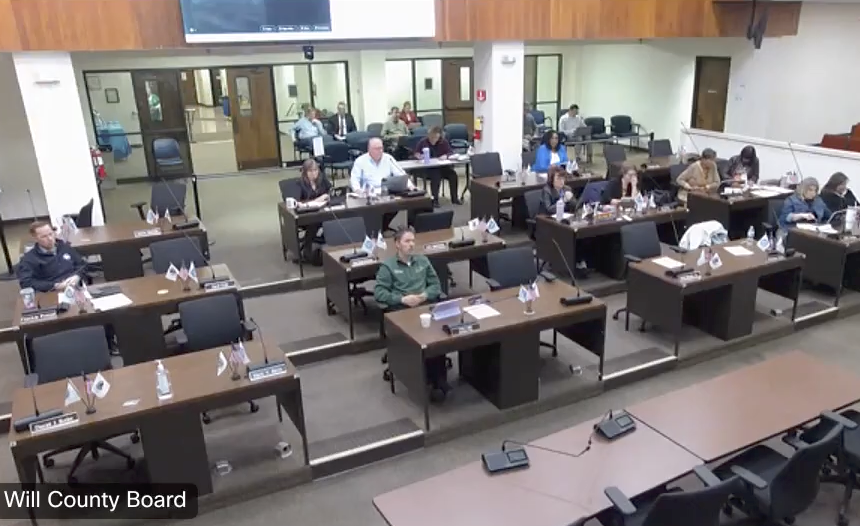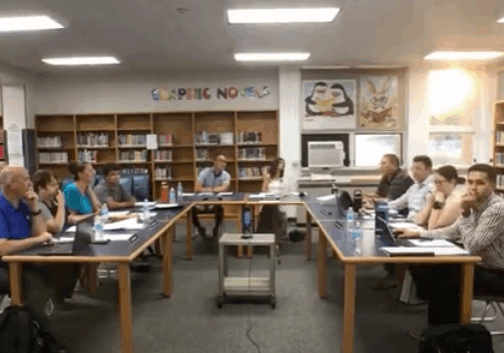
Peotone Schools Face Mandatory Deficit Plan, Weighs Cuts Against More Debt
Peotone School District 207-U is facing a state-mandated deficit reduction plan as its tentative fiscal year 2026 budget projects a nearly $2 million annual operating shortfall, a recurring issue that has historically been managed by issuing debt. The Board of Education is now grappling with the choice between making significant cuts or continuing to borrow through working cash bonds, a decision complicated by long-term strategic questions about school consolidation.
During the board’s July 21 committee meeting, the district’s business manager presented a draft budget that triggers the state requirement for a deficit reduction plan. A cash flow analysis prepared by financial advisors PMA predicts that without intervention, the district’s operating funds will be depleted and go into the red by early 2027.
The board must now decide whether to develop a three-year plan to balance its budget—a move that would likely require deep cuts to programs and personnel, which constitute 60-70% of expenses—or to once again issue working cash bonds to cover the operational deficit.
The discussion revealed a strategic divide among board members about how to address the structural deficit.
Board member Tim Stoub argued it was premature to make a decision, expressing a desire to see a comprehensive master facilities plan from the district’s new architect first. He linked the budget crisis directly to the future of Peotone Intermediate Center (PIC), which faces potential disruption from the widening of Manhattan-Monee Road.
“I support investment in long-term growth,” Stoub said. “With some of the strategic decisions that I think we’re going to be looking at, those are the decisions that I would support taking on additional debt if that were needed to build something long-term. To keep borrowing from tomorrow to keep bleeding out little by little, I don’t support that.”
His comments echoed those of resident Jim Bowden, who argued during public comment that closing the under-enrolled PIC and moving its students to Peotone Elementary School could save the district over $200,000 annually.
Conversely, board member Jodi Becker voiced support for issuing working cash bonds, framing it as a way to protect the academic progress the district has made.
“I think we’ve made huge strides districtwide because of that,” Becker said. “I’m not interested in cutting some of what we put in place to see success.”
Before making a final decision, board members requested more information, including the district’s total long-term debt capacity and a detailed financial analysis of the costs of outsourcing special education services versus providing them in-house.
The tentative budget will be placed on public display in August before a final vote on its adoption in September, giving the board additional time to weigh its options.
Latest News Stories

Texas authorities arrest men for violent crimes after illegally entering as minors

WATCH: Gun ban cases and the Supreme Court; English and CDLs; Don Tracy eyes Senate

Illinois quick hits: Madigan disbarred; taxpayers subsidize medical debt relief
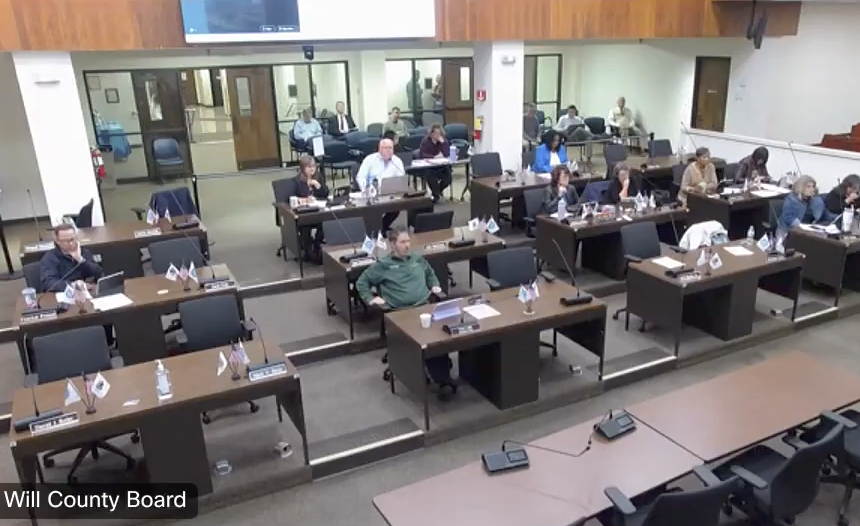
Will County Executive Committee to Hash Out Budget Cuts Following Levy Reduction
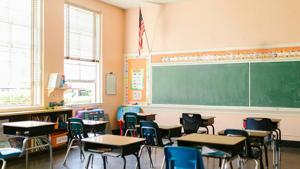
Inflation-adjusted teacher salaries drop despite record spending on public education
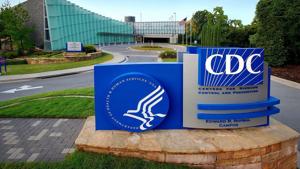
Illinois quick hits: CDC’s autism and vaccines website criticized by IDPH
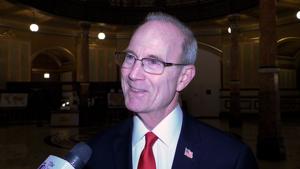
IL GOP U.S. Senate candidate says state needs balanced representation

Wheat price drop brings notable Thanksgiving savings for Illinois families
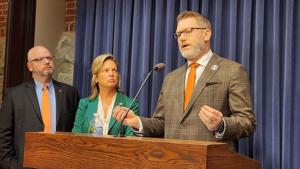
Illinois lawmaker calls FDA hormone therapy reversal ‘overdue’

IL Rep on congressmen trading: ‘We’re not going to take a pile of money to hell’

Illinois quick hits: Officer shot report numbers down; Thanksgiving meal costs down

WATCH: Chicago activist testifies; Quinn’s millionaire surcharge; High SNAP error rate

GE Appliances announces $150 million partnerships
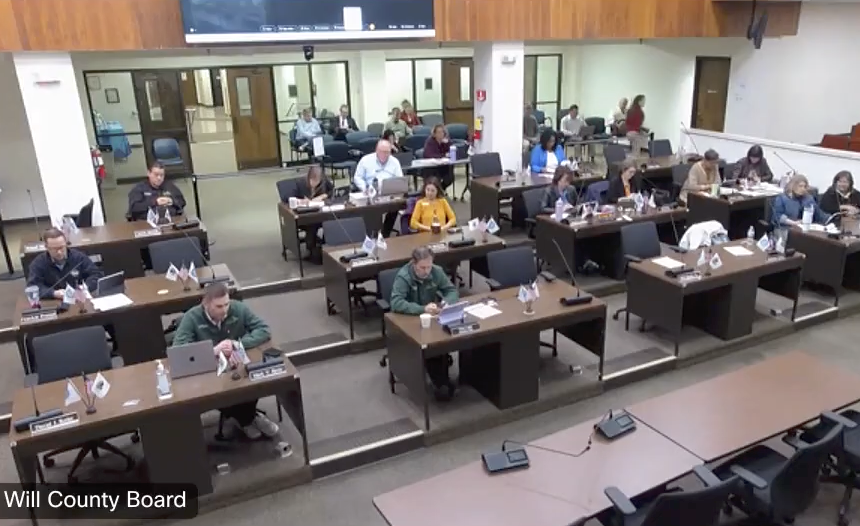
Frankfort, Will County Partner on Wildlife Rabies Control
